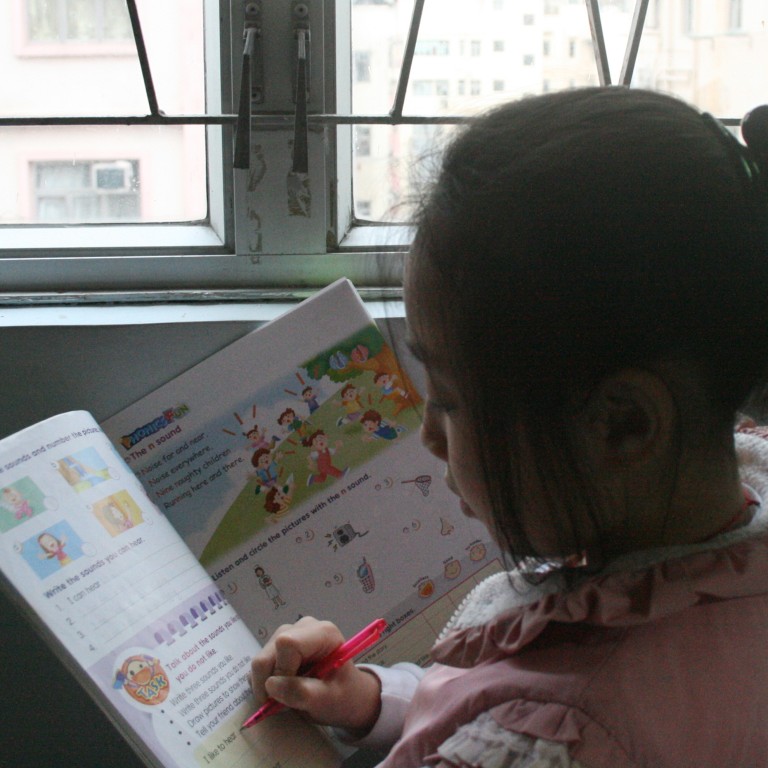
Schools worldwide consider homework ban, partly to ease burden on pupils, teachers
Parents like homework because they believe it reinforces learning at home, reveals what children are learning in school and establishes good routines. Those against assigning homework say it reinforces a sedentary lifestyle, leads to frustration, exhaustion and stress for children, gives them little time to do other constructive things, can lessen children's genuine interest in learning, burdens teachers to design and grade homework and is pointless, since there is no evidence it leads to improved performance later in school.
Homework is so inextricably linked to school it's hard to think of one without the other. But increasingly, educators and child development specialists are examining the practice of assigning homework to children and considering whether it is beneficial or potentially harmful.
reported recently that one of Britain's most prestigious schools, 162-year-old Cheltenham Ladies College, is considering banning homework to "tackle an epidemic of teenage depression and anxiety". Public School 116 in New York recently banned homework for students up to grade five, having found no link between assigning elementary school homework and success in school. The Kino School in Arizona has a no-homework policy for all grades even in high school.
Many books on the subject are cropping up on bestseller lists. The most prominent of these include by Sara Bennett and Nancy Kalish, by Etta Kralovec and John Buell, and prolific author Alfie Kohn's described in the as "a stinging jeremiad against the assignment of homework which the author, a prominent educator, convincingly argues is a wasteful, unimaginative, and pedagogically bankrupt practice that initiates kids into a soul-sucking rat race long before their time".

The primary arguments against homework are that it reinforces a sedentary lifestyle, leads to frustration, exhaustion and stress for children, gives them little time to do other constructive things, can lessen children's genuine interest in learning, burdens teachers to design and grade homework and parents who have to monitor and often spend time doing homework instead of more engaging activities with their children and that it is pointless, since there is no evidence that it leads to improved performance later in school.
Parents like homework because they believe it reinforces learning at home, reveals what children are learning in school and establishes good routines.
While these points seem reasonable, most of the benefits are accrued by the parent rather than the student, and the actual effect is not what parents think. Parents reason that homework should help, but no study shows that it actually does.
In our busy and frenetic society, the primary benefit of homework may be simply that it keeps children engaged in seemly constructive activities after school and reduces our own anxiety that they might not be learning enough in school.
Perhaps the homework debate is not so much a yes or no, but what kind? Author Annie Murphy Paul described in a 2001 article the concepts of spaced repetition, retrieval practice, and interleaving as three research-based strategies that demonstrate positive results when applied to homework.
More research into these specific techniques and others like them could influence schools to more consciously design interesting and engaging extension activities that truly benefit students' learning.
Reading for pleasure is the one area of "home work" that educators and researchers agree is essential for children on a daily basis. This practice has the biggest impact on future success in school. Children should be encouraged to select their own books and should not fill out reading logs.
In lieu of homework, creative projects can be helpful in reinforcing concepts, extending learning and engaging children and parents in the learning process. Working together, teachers, students and parents can identify after-school activities that are active, creative and fun for children.
Gweneth Rehnborg is a board member of Bring Me A Book, a leading advocate for family literacy in Hong Kong bringmeabook.org.hk
